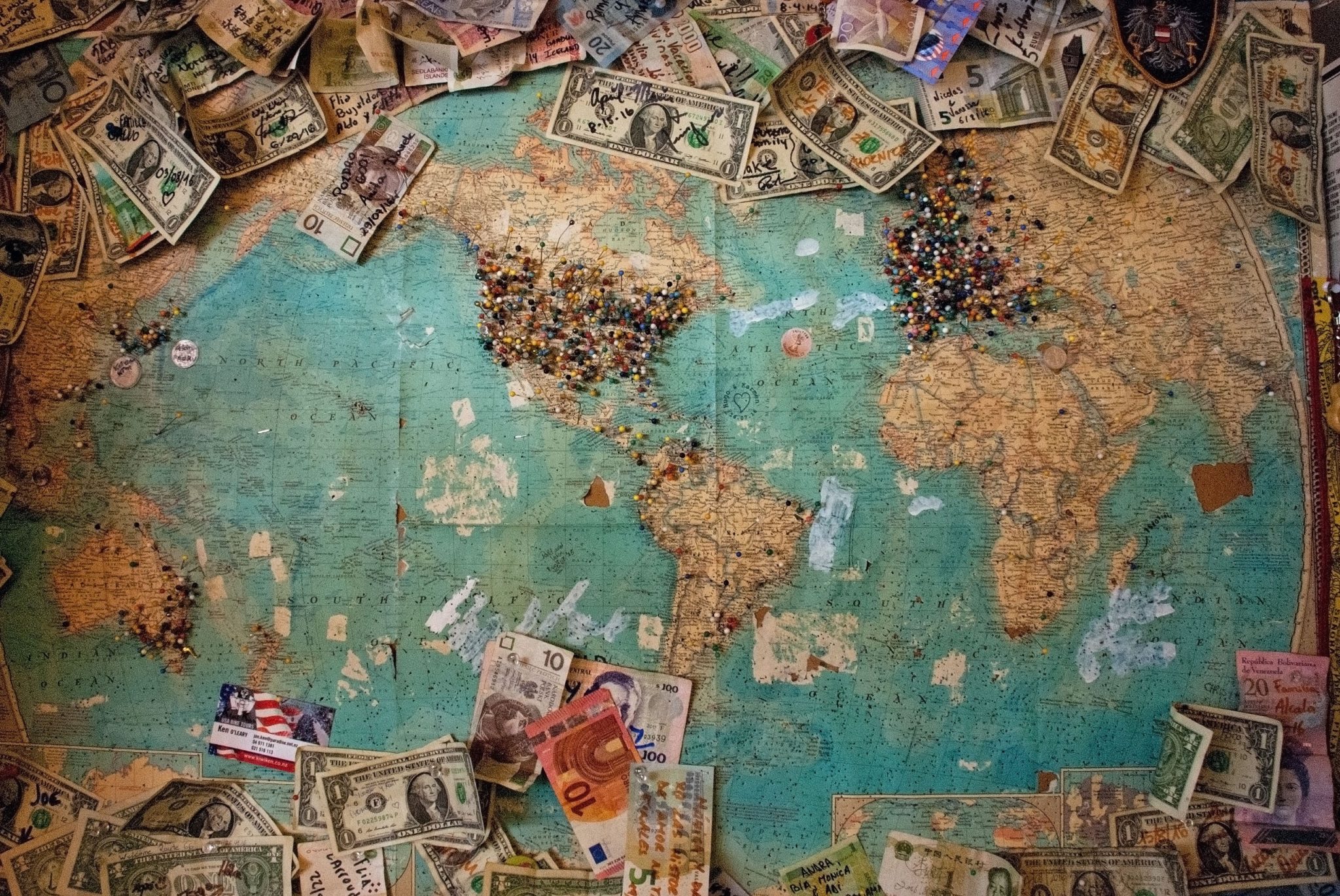THREE out of the five pitchers at FinTech — Silicon Roundabout Meetup at Google’s London Campus were startups for social good, with a specific focus on developing countries.
It goes without saying that the the financial industry has not necessarily been aligned with movements for social good, especially not internationally.
But isn’t that what the startup game is all about? Disrupting the status quo? Breaking from tradition? Reversing 500 years of colonialism and finally delivering products and services that support local people at a grassroots level?!
Hmmmm. We shall see….
Zingr
First up is Zingr. CEO, Giselle Frederick, is Grenadian-born and makes a compelling case as to why her digital wallet could propel a financially-flailing region above water.
Currently, Frederick explained, the problems in the Caribbean are bank-led and unforgiving to local people. Not only does a standard US dollar remittance cheque take 4–6 weeks to clear, but 20% remittance tax is also whacked on top! Zingr, on the other hand, will offer real-time payments and is free to use for peer-to-peer transactions.
And in a region where 65% of adults are unbanked and 70% of transactions are strictly cash, the majority of people simply have no way of building a credit profile: which in turn affects house ownership, insurance and job opportunities. Zingr’s blockchain value proposition means, however, that all transactions on the app are tracked and many Caribbeans, for the first time, will automatically build a credit profile.
Moreover, she continued, Caribbean governments need this tech implemented. After all, it will make their countries look less corrupt to the outside world!
Zingr is pre-MVP and they are looking for £1 million in seed investment.
Mautinoa Technologies
Mautinoa Technologies may have a very serious job on their hands. Nevertheless, CEO, Emerson Tan takes a very animated approach to introducing digital payments methods in places liable to disaster, and his pitch is like a standup routine!
However, with thirteen years experience in disaster management, paired with 22 years in information security, Tan is acutely aware that when disaster strikes and infrastructure is smashed, existing digital payment platforms fail. And the people in most need cannot access money. Conventional banks, and, even blockchain, are internet or, at least, mobile reliant.
Mautinoa’s solution is a “fragment of history”: a smart card like no other. Its integrated hybrid platform can deliver cryptographically secure payments while operating offline. “We’re resilient!” Tan exclaims, “We can survive for weeks when the internet is down!”
Excitingly, this is a piece of tech that works; not just a whitepaper. They have raised £2.3 million already and they are looking to raise a further £1.6 to go global. The product is already rolling out in earthquake-prone East Timor, where the first pilot has provided 10,000 cards. They plan to hit the whole population of 1.8 million in the next ten months, and Puerto Rico is next.
Market Without Borders
By time the time founder, Maxx Ginnane, came to pitch, the fact that current financial services are ineffectual to many people in the developing world was well established.
So, what other pathways to financial inclusion are needed?
The answer: the world’s first peer-to-peer online marketplace for the financially excluded, that allows the unbanked to sell their products to the international community.
Starting out of Africa, and Kenya more specifically, Ginnane revealed that there are 400 million people working in artisanal industries that have no way of bringing their talent to the market. By bringing together blockchain and traditional payments systems (as opposed to using crypto) Market Without Borders deliver payments straight to local kiosks. Their product is unusually bilateral: for not only does it provide a foothold in the digital marketplace by offering supply chain financing to sellers, but it unleashes the amazing African design tradition to buyers around the world.
Market Without Borders’ MVP is two weeks away from launch and they are finalizing their patents now. Ginnane is open to a co-founder, and with 3,000 global buyers waiting for African artisanal designs, they are almost to ready to go!
FinTech’s Positive Future
Of course, FinTech cannot reverse 500 years of colonialism.
That said, all three pitchers reminded us that there are over two billion people who are either unbanked or underserved by current financial processes. These three startups, therefore, could be on course to have a profound effect on how the ordinary people in emerging economies access their funds, build credit profiles and excel in the marketplace.
Two weeks ago I reviewed the Future FinTech Unicorns and the standouts of those eleven UK based startups — Bigcrowd.net, Cap:Ratio, Trezeo and LOQBOX — are also FinTech superstars not only looking to disrupt the status quo, but add value to subaltern populations, globally.
I’d say that today’s three plus the above four is almost a trend. And FinTech could be in very serious danger of getting a positive reputation!
